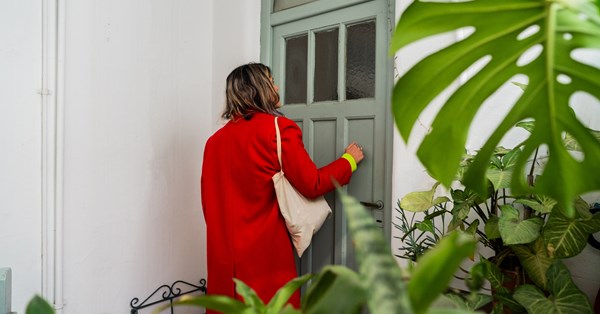MARIE LE CONTE, one of the sparkiest young journalists around, had an interesting Substack piece on her induction into the trade, between 2013 and 2015: “For my generation, being a young or new journalist meant being a clickbait monkey for a while, or possibly forever, if you couldn’t escape. . . There was this one website I worked at, which I won’t name, which needed us to write seven articles a day. We were never told not to make any calls and do any original reporting per se, but we didn’t have the time to do it anyway, so it was a moot point.
“Instead, we were sent links to MailOnline stories, sometimes from other places too, and our job was to rewrite those pieces, using words and sentences that were different enough that we couldn’t get done for plagiarism. Again, that last bit was never said out loud, but we knew. We weren’t stupid.
“It was, in a way, quite an interesting intellectual exercise. In retrospect, I wonder if it made me a better writer, purely by accident. Spending eight hours a day trying to swiftly come up with synonyms is quite good practice, especially if English is your second language.”
She contrasts this with the pre-digital version, when trainees got to “tackle the really minor news stories, go knock on the doors of recent widows, all of that. It probably wasn’t pleasant, but I wouldn’t know.”
Talking to widows was, indeed, horrible: my sister, when she worked on the Farnham Herald, was sent back by her editor to interview the widow of a Falklands hero three times, because he didn’t like the quotes she got; she ended up sobbing herself, while the widow comforted her. Nothing else could have taught her so thoroughly that, when we write stories, we write about real people. Of course, we cast them into stereotypes or two-dimensional caricatures on the page, but anyone trained the old-fashioned way knew that they were doing this.
Marie’s generation never learned this lesson through their work. If they wanted to write about real people, or even to talk to them, they had to write about themselves, or their friends. This is an underrated cause of online polarisation. The ability to bring aliens and strangers to life is one of the gifts that makes journalism worth while.
AND so to Rome: the manoeuvrings around the next conclave epitomise the drawbacks when most of the journalists have no contact on a human level with any of the people they write about, and those who do are usually confined to human contact with only one faction. In church politics, even more than in secular ones, the fact that others disagree with you appears to be evidence of their moral inadequacies, as well as their intellectual failures.
James Butler, writing in the London Review of Books, is clearly on the progressive side. He was a founder of the Corbynite Novara Media. But he’s also bloody good, and his appreciation of Pope Francis was the best I’ve read. It seemed to me to be written out of his heart, and it was wonderfully free of the policy proposals and doctrinal advice that so many journalists feel the cardinal electors need to hear from them.
“Both sides of the culture war profited from caricatures of Francis as Pope Woke,” Butler writes. “The reality was less clear-cut. He distrusted the liberal impulse to make the church a vague, hand-wringing Roman branch of the human rights campaign.
“Probably the most famous words of his papacy were uttered in response to a journalist’s question about gay priests: ‘Who am I to judge?’ Like most of Francis’s progressive moves on sex and gender — such as receiving trans Catholics at general audiences — it was symbolic and rhetorical rather than doctrinal [but] in the lives of the faithful, the symbolic gestures made by the pope are profoundly meaningful, perhaps more so than his doctrinal pronouncements.”
Butler does not think Francis was a successful pope. His papacy “seemed simply to run out of steam . . . he leaves a troubled and divided church at risk of degenerating into factional warfare”. But, if it was a failure, Butler feels its glory in Francis’s determination to keep working and keep preaching, even while he was dying: “‘Today’s builders of Babel tell us that there is no room for losers, and that those who fall along the way are losers,’ Francis wrote in his last meditations on Good Friday. ‘Theirs is the construction site of Hell.’”

















